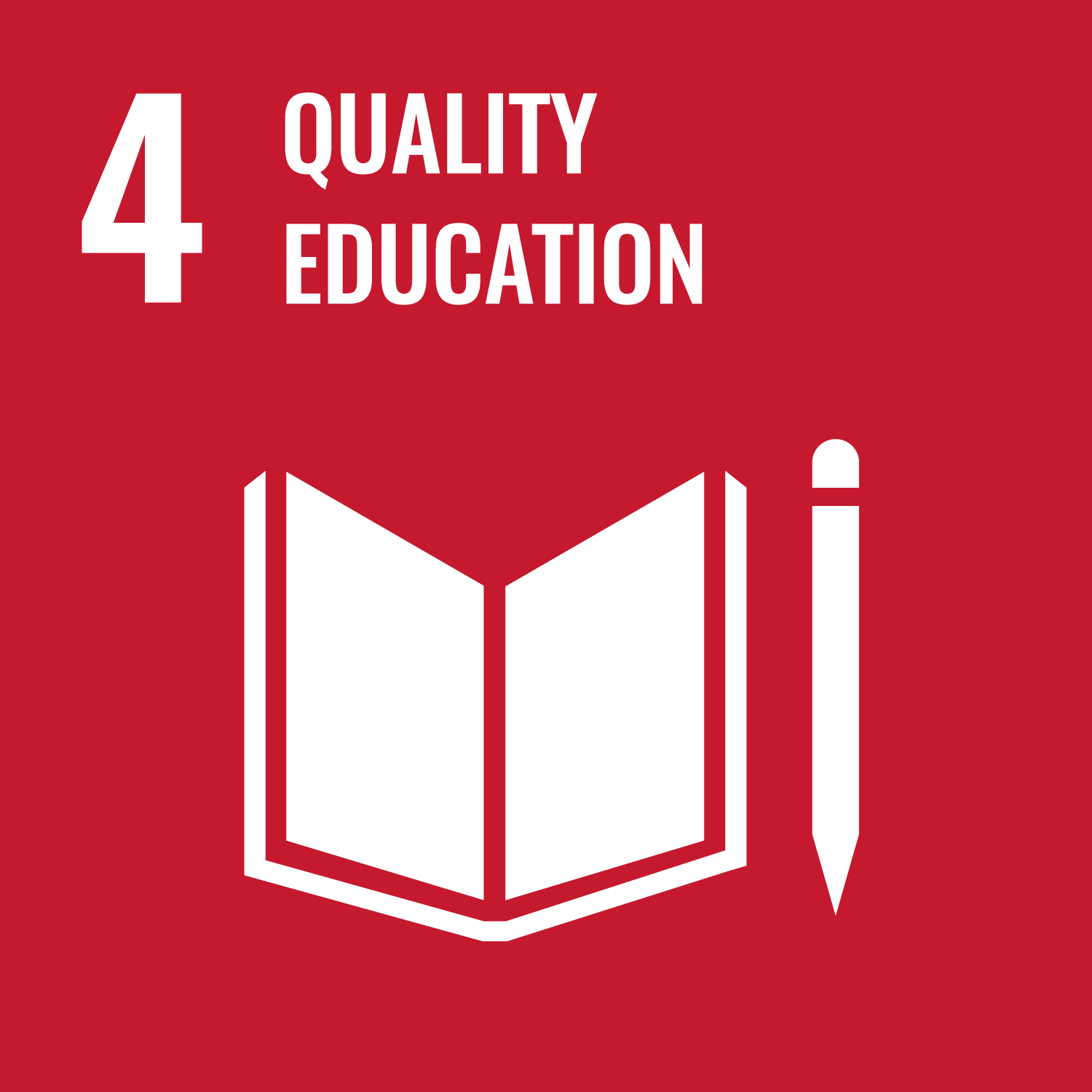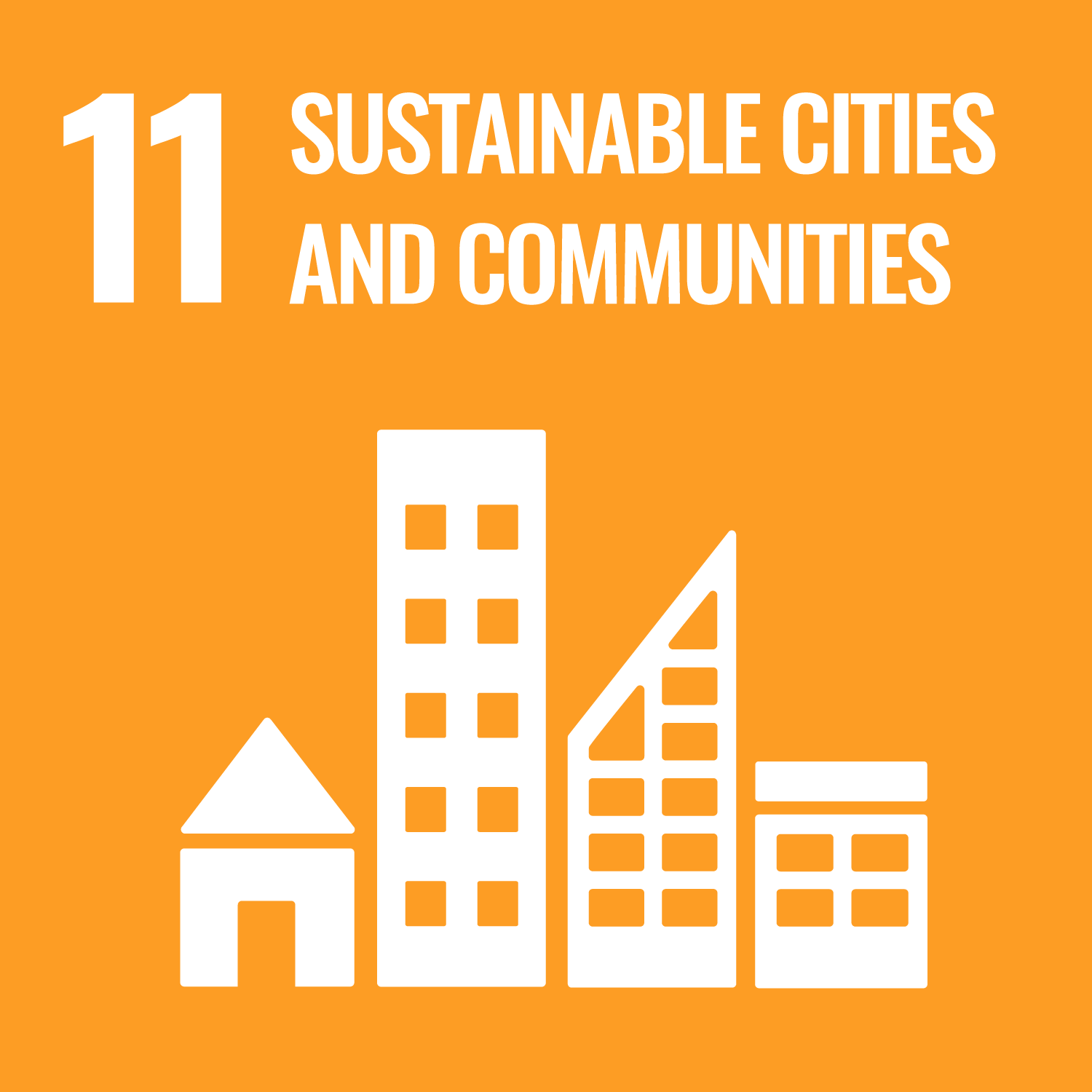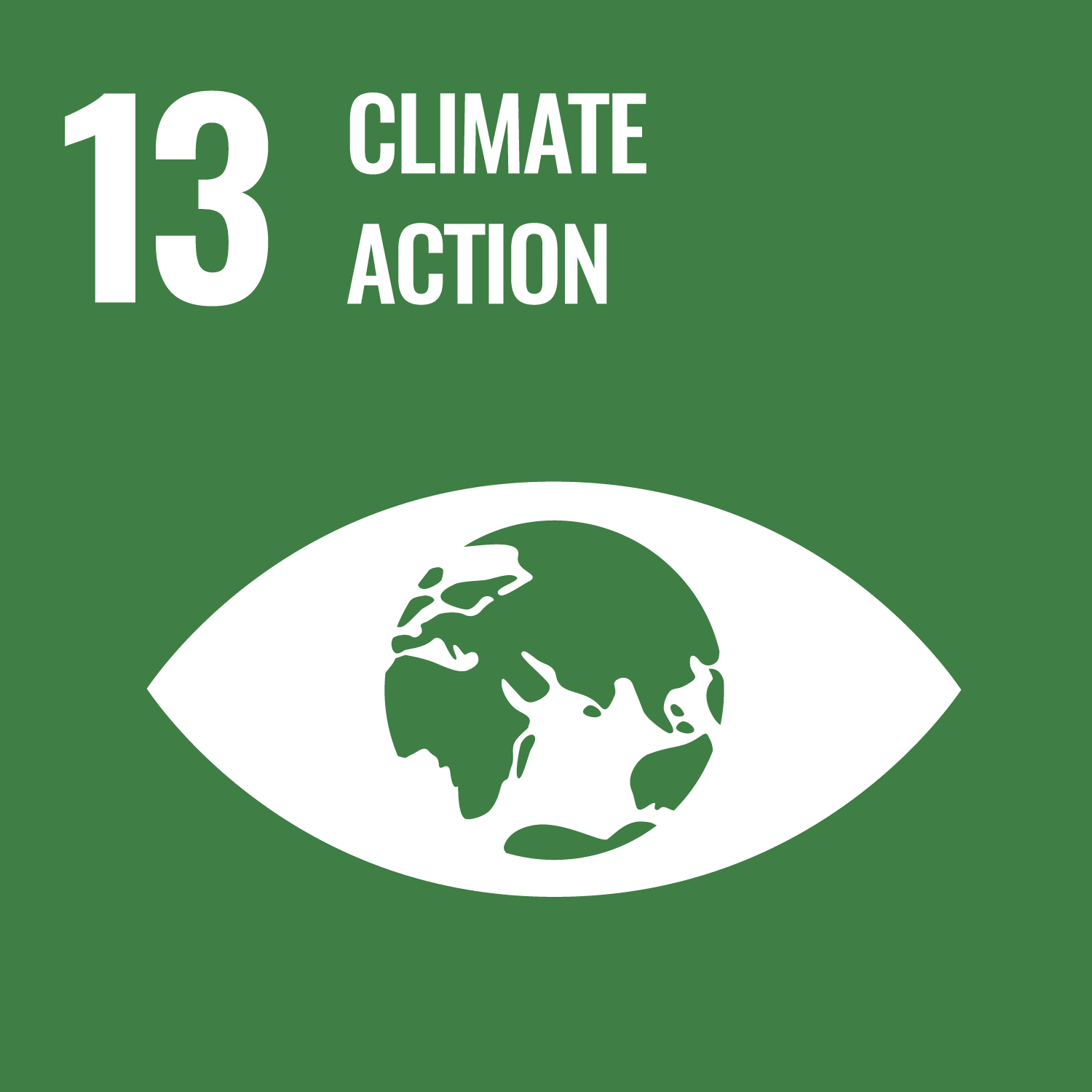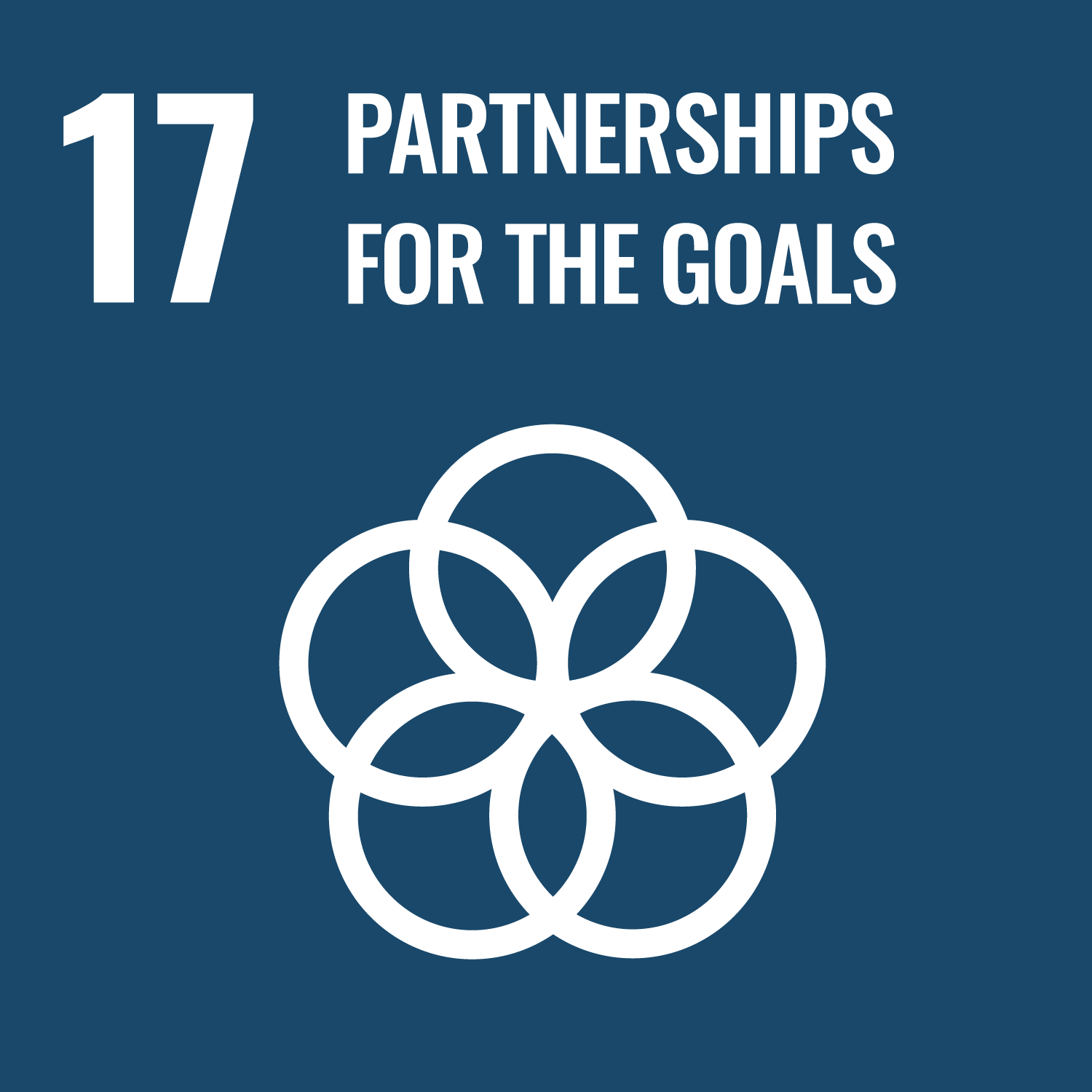KASA Sustainability
- Club & Circles
——Q1 Please tell us the history of KASA Sustainability, why and how the organization was formed.
KASA Sustainability was formed in 2015 with the mission of (re)connecting people to nature.
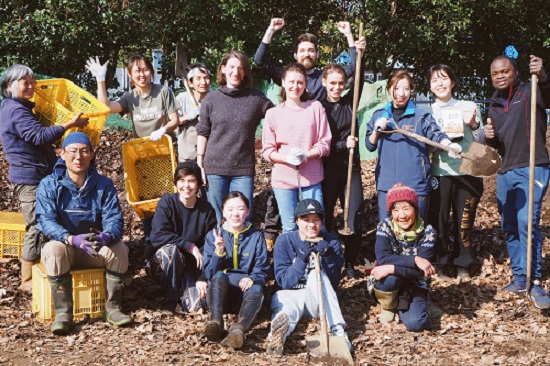
The name KASA has multiple interconnected meanings. In Latin languages, “Casa” is a word for “house/home”. At KASA, we see ourselves as a home where people with distinct backgrounds, skills, and expertise can come together to understand and practice sustainability and together learn to be sustainable beings. Kasa (傘) also means “umbrella” in Japanese. The umbrella is made by gathering several spokes together that support each other to protect people from the rain. Like the structure of umbrella, our members act together by the principle of collaboration—rather than competition.
Our action is led by the core belief that “humans are not in control of nature.” Sustainability for us is then something that can be realized when we recognize the complexity of human-nature interactions and honor the interdependence of multispecies life-making.
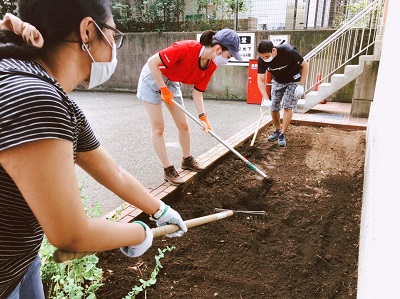
——Q2 What are your current activities?
Our definition of sustainability – for us based in a university – encompasses three areas that are central to the missions of higher education – Research and Education; Practice and Infrastructure; Global and Community Engagement.
Our current initiatives were created at the intersection of those pillars: Sustainable Campus Forum, Campus Farming and Composting, and learning from others and sharing.
The Sustainable Campus Forum seeks to engage faculty, staff, and students in the sustainable campus movement by creating an open and inclusive forum where every university constituent can bring in concerns and ideas for a sustainable campus. At the Forum, participants can share different perspectives, and students are empowered to join sustainability initiatives and decision-making within the university. The main goal of this forum is to share innovative ideas and approaches to promoting campus sustainability based on a sense of urgency on the current climate crisis.
The Campus Farming and Composting that started in 2015 constantly teaches us how to enjoy the harvest of organic vegetables, fruits, and flowers and appreciate the importance and difficulty of growing food. This initiative provides a space to learn hands-on the struggles farmers face due to climate change. Our purpose is to establish a cycle of recycling resources within the Yotsuya Campus by reusing some food waste from dining halls and fallen leaves throughout the campus as compost fertilizer for the soil in our farm.
KASA Sustainability truly values learning from each other as a community. KASA members also engage in empirical and theoretical research by field-based learning and research, actively participate in local and international conferences, publish scholarly papers, and organize workshops. It is an excellent opportunity to enrich members’ knowledge in sustainability, get involved with a like-minded community, improve life skills while enjoying the experience, and share what they’ve learned through research and action. The information is shared through various platforms, including blog articles and SNS media.
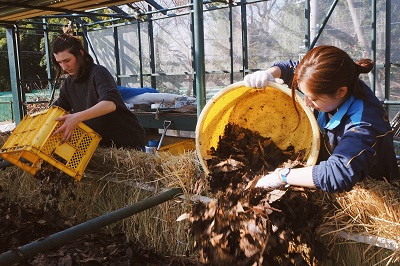
——Q3 Are there any difficulties when working on events and other volunteer activities?
Our members include undergraduate and graduate students across Sophia University’s schools, faculties, and departments. As one of our values promotes diversity, we are proud to have our members from various backgrounds – genders, cultures, nationalities, race/ethnicity, education, sexual orientation, religion, and beliefs.
Like any other organization, we face many challenges. We can list three main challenges. These are not technical problems to be fixed but rather challenges for us to grow as socially and ecologically responsible persons, such as breaking silence and working towards social change through collaboration, managing time, and language barrier. Reflecting the diversity of our members, we use both English and Japanese as our working language to communicate in KASA.
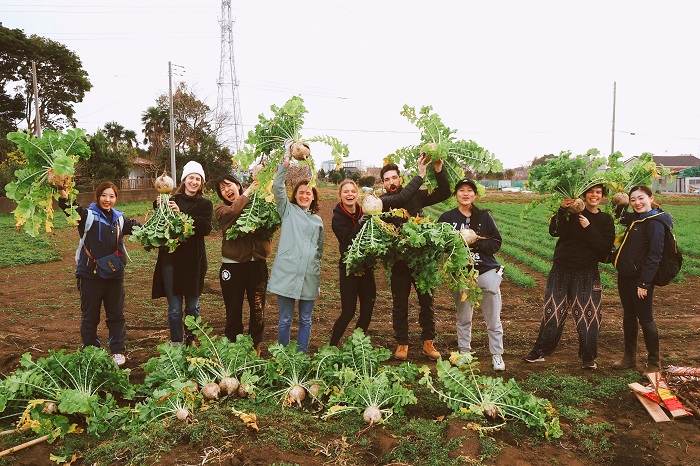
——Q4 Are there any SDGs you are aiming for and why? (OR what do you think of SDGs? Do you think your activities are related to some SDGs?
The SDG framework captures many aspects of sustainability and serves as a good tool for communication around issues; however, it is predominately adopted for a global scale and does not always easily “translate” into lower, more local levels. There is a risk then that the SDGs become too narrow, too “technical” of a term of sustainability. We want to keep the discussion open of a more broad definition of sustainability.
With that being said, we recognize the advantage of a commonly shared framework to measure activities and progress linked to these various issues. We discuss among KASA members and the SDGs that we believe – as of now – best reflect our current activities and priorities are the following: 4 (QualityEducation), 11 (Sustainable Cities and Communities), SDG 13 (Climate Action), and SDG 17 (Partnerships for the Goals).
——Q5 Please give a message to our readers!
Please join us in making social change and our campus more sustainable! Everyone is welcome!
- Web: https://ja.kasasustainability.org/
- Facebook: KASA Sustainability
- Instagram: @kasasustainability
- Contact: info[at]kasasustainability.org / we[at]kasasustainability.org

